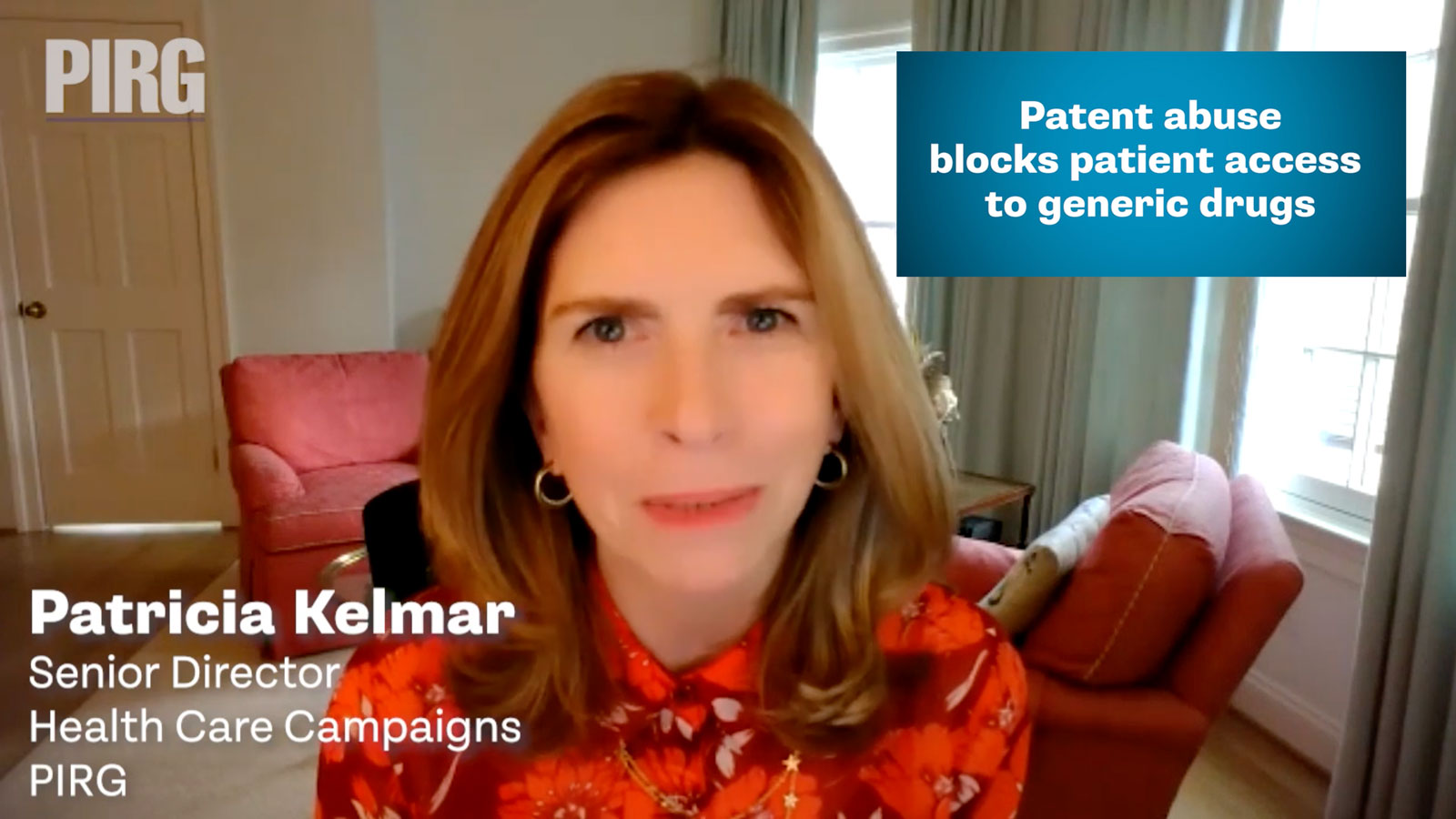
How to deal with medical debt without going into bankruptcy
From avoiding necessary health care to racking up new debts to address outstanding medical bills, many patients feel the effects of medical debt years after their hospital stays and routine health care procedures. If you, like so many others, do end up getting weighed down by medical debt, here are tips that you can use to lower the financial burden facing you and your family.
From avoiding necessary health care to racking up new debts to address outstanding medical bills, many patients feel the effects of medical debt years after their hospital stays and routine health care procedures. OSPIRG’s report, Unhealthy Debt: Medical costs and bankruptcies in Oregon, lays bare the workings of medical debt, its effects on Oregonians and policy remedies to address the problem.
For some Oregonians, balancing medical expenses with everything else is unsustainable, and they end up filing for bankruptcy. The report found that at least 60 percent of Oregon’s bankruptcy filings included medical debt in 2019.
If you, like so many others, do end up getting weighed down by medical debt, here are tips that you can use to lower the financial burden facing you and your family:
Be on top of your medical bills – don’t ignore them.
-
You have a right to a “good faith estimate” from your providers before you get care if you don’t have insurance or are paying for your health care yourself. Compare your bills to those estimates. If the charges are $400 more than the estimate, you can dispute the bill at: https://www.cms.gov/nosurprises/consumers.
-
Open every bill and compare it to your insurance Explanation of Benefits and your experience. Is this a procedure you had? Were you already billed for this service? Did your insurance cover their portion of the bill?
-
Get help as soon as possible. Ask your insurer and your providers any questions you have.
-
Even before you seek care, ask your hospital for any financial assistance programs that you might be eligible for, including charity care policies that might mean you don’t have to pay for certain types of care.
-
If you didn’t check in advance, it’s not too late. Talk to your hospital, especially if it’s a nonprofit hospital and ask them how you can apply for that assistance
-
Every insured patient has protections from certain out-of-network bills. You may only have to pay your in-network cost-sharing (co-pays, co-insurance, deductibles). Learn more on our website.
Don’t pay the “sticker” price.
-
Even if you don’t qualify for help, you can still negotiate with the hospital on the amount of your bill and how you will pay it. Tell the hospital that you cannot afford the full cost, and ask what they normally bill insurance companies or what Medicare pays. Ask if you can pay that lower amount.
-
Ask for an estimate before any procedure and try to make sure all services and providers are part of your network before agreeing to care. As a reminder, if your final bill is more than $400 of the estimate you received, you can dispute it here.
Don’t take NO for an answer.
-
Be persistent. Ask if there is someone else you can talk to. Express your willingness to pay but explain what your limits are. You might be able to work out a payment plan.
Don’t put medical debt on a credit card.
-
Once the hospital is paid this way, they have little incentive to lower your bill because they have been fully paid.
-
Credit card interest rates are usually much higher than any interest rate your hospital or doctor might charge.
-
Work out a payment plan with the medical provider to avoid your bill being sent to a collection company.
Pay other bills like your mortgage or credit card bills first.
-
Make sure you are making payments to keep your home and credit cards. Even if you are behind on your medical bills, federal law prohibits credit bureaus from adding medical debt to your credit report until payments are past due for six months. Use that time to negotiate with your hospital or insurance company.
-
For suggestions on managing debts, you can check out the National Consumer Law Center’s “Surviving Debt” resource.
Seek additional trustworthy counseling.
-
There are nonprofits that can help you sort out your debt issues. Be wary of scams though because not all groups are working in your interest. Use a reliable source like the National Foundation for Credit Counseling to find good credit counselors. You can also use Dollar For’s debt forgiveness tool to see if you can qualify to reduce or eliminate a medical bill.
If you have problems with an aggressive debt collector or are facing collections for bills that you don’t owe or are inaccurate, report them to the Consumer Financial Protection Bureau (CFPB), the federal agency with the sole mission of protecting consumers in the financial marketplace.
-
You are not alone. Debt collection is the second most complained about problem in the CFPB’s Consumer Complaint Database.
-
You can submit a complaint about debt collection issues you’re facing.
-
The collection company will have two weeks to respond to your complaint before it is made public in the CFPB’s database.
-
Learn more about appropriate debt collection practices and your rights from the CFPB here.
Filing a complaint with the CFPB helps in two ways:
-
The collection company won’t want a public complaint on file so they have a greater incentive to work with you to solve your complaint.
-
By filing a complaint the government and consumer groups know more about the number and kinds of credit and debt problems facing consumers. It can help the government and consumer advocates, like PIRG, know what must be done to better protect consumers.
Source: Interview with Jenifer Bosco from the National Consumer Law Center (NCLC) – a trusted coalition partner.
Topics
Authors
Maribeth Guarino
High Value Health Care, Advocate, PIRG
Maribeth educates lawmakers and the public about problems in health care and pushes for workable solutions. When she's not researching or lobbying, Maribeth likes to read, play games, and paint.
Patricia Kelmar
Senior Director, Health Care Campaigns, PIRG
Patricia directs the health care campaign work for U.S. PIRG and provides support to our state offices for state-based health initiatives. Her prior roles include senior policy advisor at NJ Health Care Quality Institute, associate state director at AARP New Jersey and consumer advocate at NJPIRG. She was appointed to the Ground Ambulance and Patient Billing Advisory Committee in 2022 and works with patient advocates across the U.S. Patricia enjoys walking along the Potomac River and sharing her love of books with friends and family around the world.
Find Out More

Medical Bills: Everything you need to know about your rights

Video Explainer: Why can’t I get a generic version of my drug?

Surprise Billing Patient Protections


